German energy revolution
Challenges in plant operation and structural mechanics
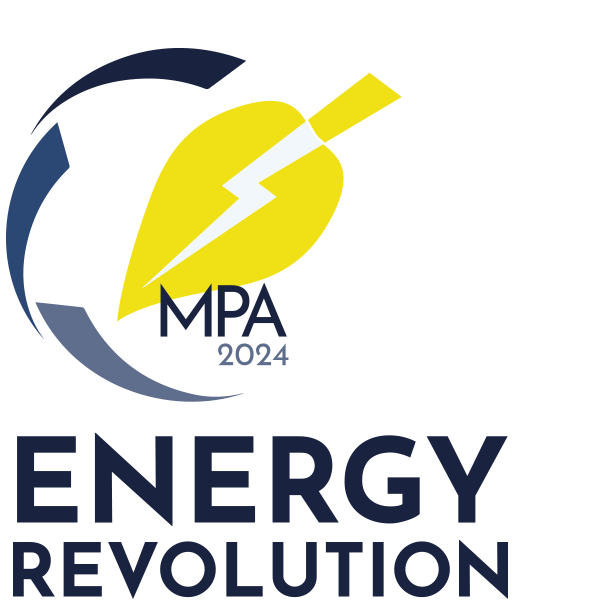
October 9th. 2024
German Energy Revolution
Challenges in plant operation and structural mechanics
The transition to renewable energy is a vital step in mitigating climate change, but it brings with it a series of challenges related to the structural integrity of key components in both conventional and emerging power plants.
As energy systems evolve, it is essential to invest in materials science, engineering, and monitoring techniques to address these challenges and ensure the reliability and longevity of power generation infrastructure in the renewable energy era. Finding innovative solutions is not only a technological imperative but also a critical factor in the successful adoption of clean energy technologies. We aim to bring together thought leaders, researchers, and visionaries to collaborate on solutions that will define the future of sustainable power generation.
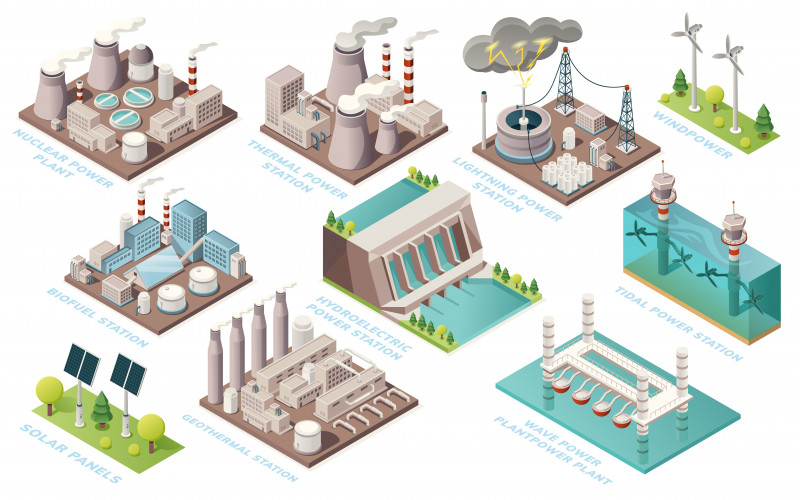
The transition to renewable energy is a vital step in mitigating climate change, but it brings with it a series of challenges related to the structural integrity of key components in both conventional and emerging power plants.
As energy systems evolve, it is essential to invest in materials science, engineering, and monitoring techniques to address these challenges and ensure the reliability and longevity of power generation infrastructure in the renewable energy era. Finding innovative solutions is not only a technological imperative but also a critical factor in the successful adoption of clean energy technologies. We aim to bring together thought leaders, researchers, and visionaries to collaborate on solutions that will define the future of sustainable power generation.
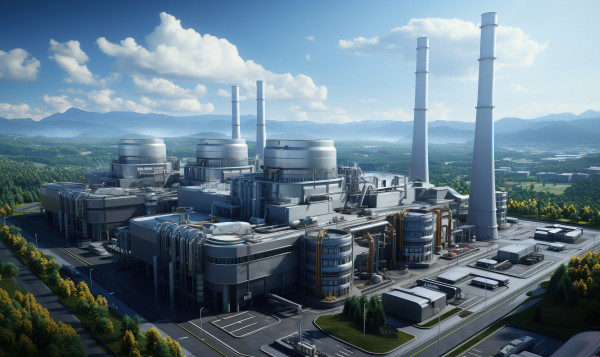
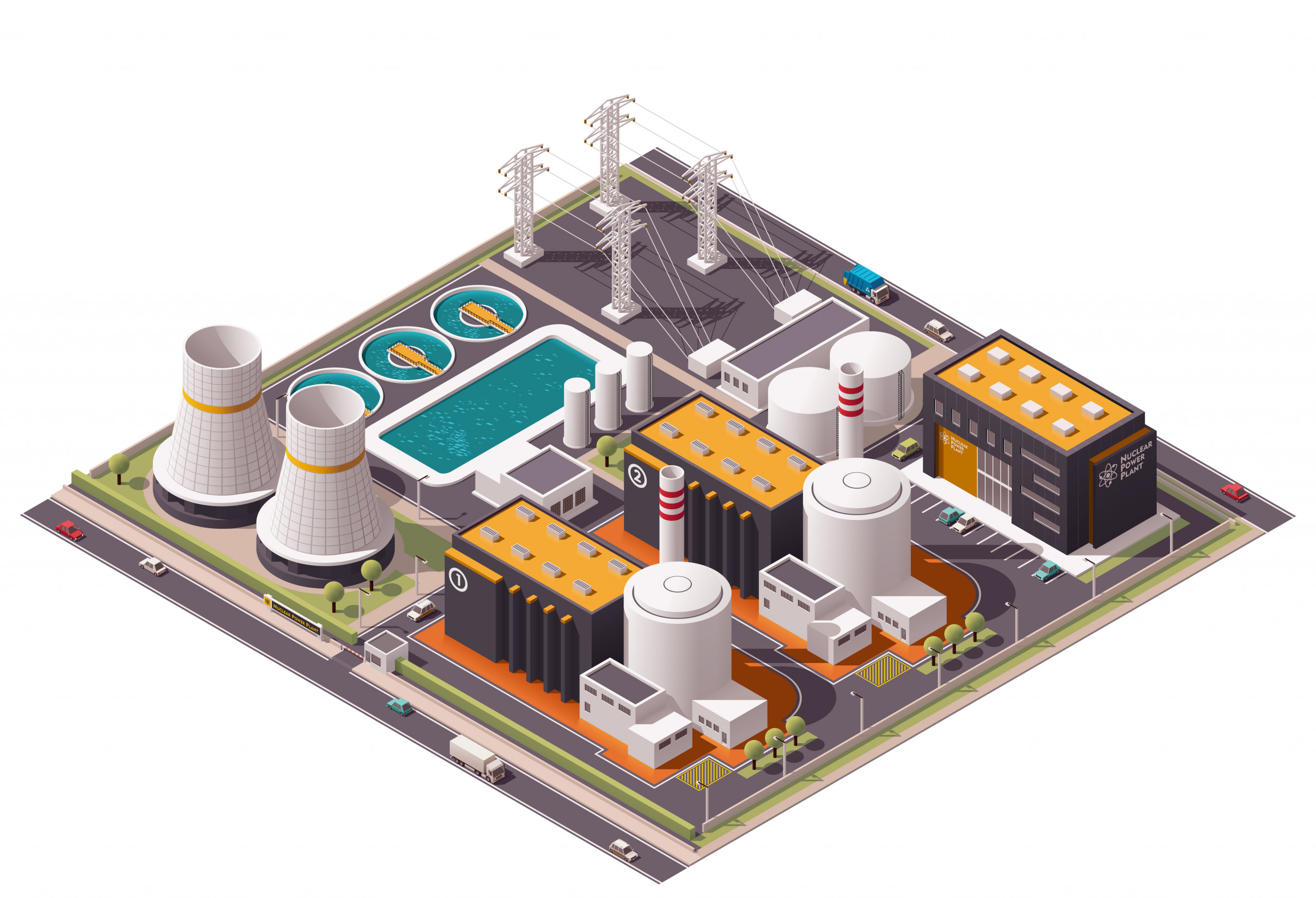
Before the energy transition, Germany’s electricity production was mainly based on fossil and nuclear power plants, supplemented by a small proportion of renewable energy. In recent years, the use of renewable, volatile energy sources has increased rapidly due to the German Renewable Energy Sources Act, tangible climate change and the conflict in Ukraine. As a result, renewable energies now account for over half of electricity production in Germany. In addition, there are distinct timetables and action plans for Germany to completely phase out fossil fuel-based electricity production in order to reduce CO2 emissions in line with the Paris climate targets. However, this will also place new demands on the flexibility of conventional plants. However, this transition is not without its challenges.
The design of the pressure-enclosing components of both existing older power plants and those new build up to 2016 is not adapted to the future increased flexible operation of the plants. Failure to achieve the desired service life of key components of the power plant (piping, boiler) as a result of thermomechanical alternating loads calls the availability of the plants into question and is therefore particularly critical in terms of plant availability. At the same time, new challenges are arising for highly flexible power generation plants for grid stabilization, such as gas turbines. Their increased use to ensure grid stability and the use of hydrogen as an admixture or primary fuel in the future are gaining in importance.
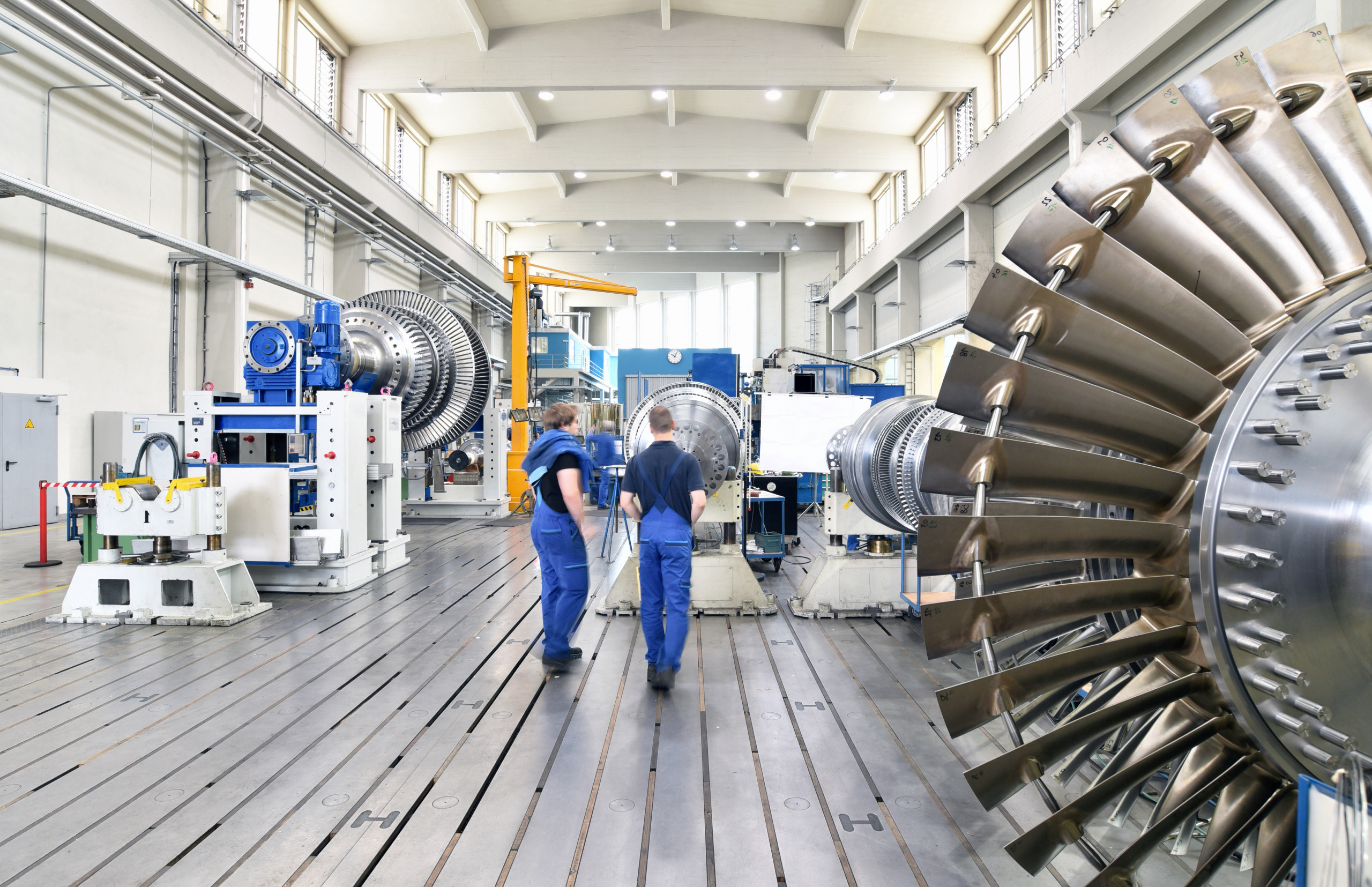
This requires not only innovative design solutions and optimized use of materials, but also new concepts for the design and evaluation of the operating loads of these systems.
The MPAs workshop day on the German Energy Revolution will focus on the following areas, including but not limited to:
Contact us
You have further questions or want to propose a topic?
Give our experts a call!



